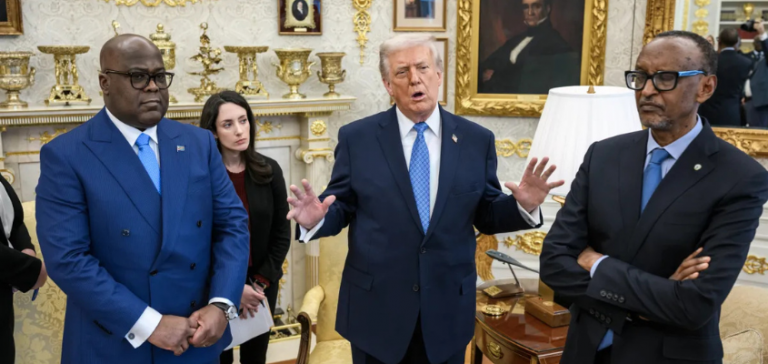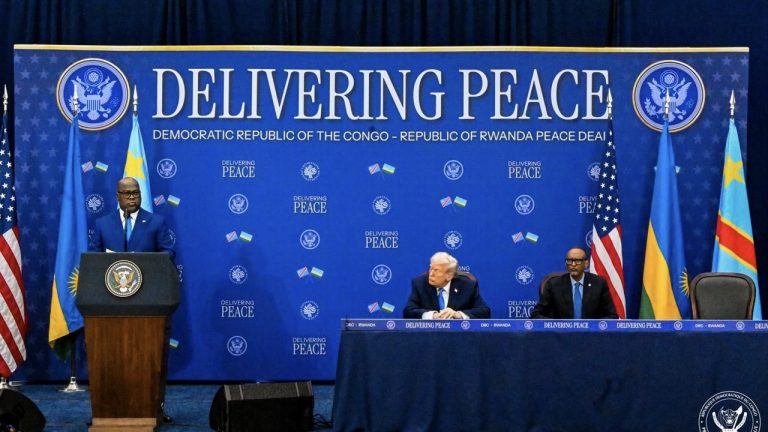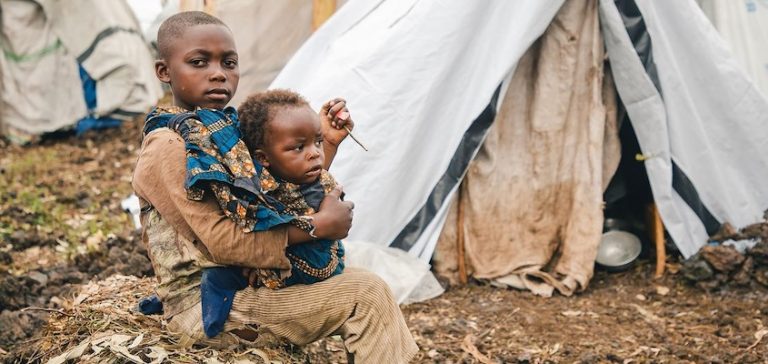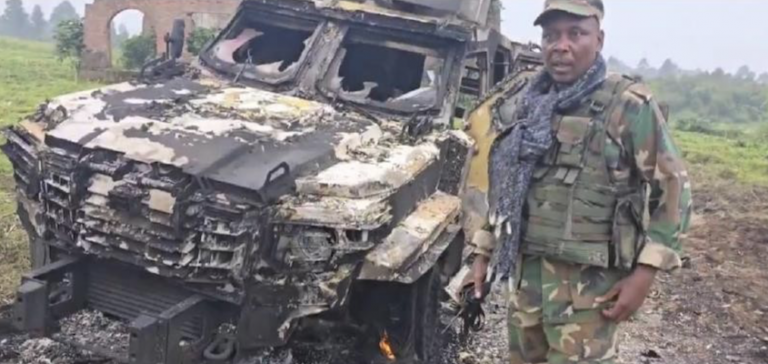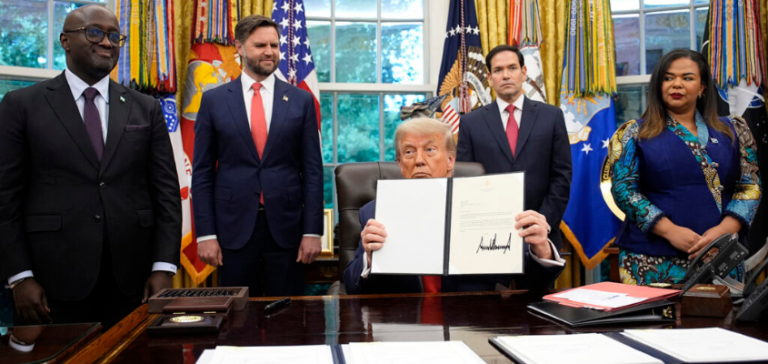US Secures Its National Security Interests In Congo Peace Deal
Donald Trump invited President Paul Kagame of Rwanda and President Felix Tshisekedi of the Democratic Republic of the Congo (DRC) to Washington, DC, on Thursday, December 4th to consummate a “peace” agreement that the foreign ministers of both countries signed on June 27, 2025.
Although the high-level meeting was promoted as the signing of a peace deal, it went far beyond the mere signing of a peace deal. Four agreements were signed among the three leaders. Of the four agreements signed, the most crucial and consequential is the bilateral strategic partnership agreement between the United States and the Democratic Republic of the Congo.

